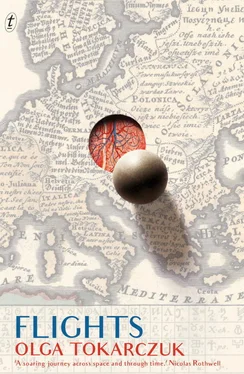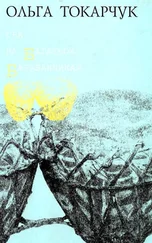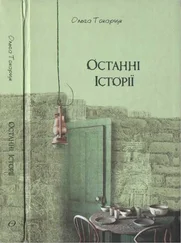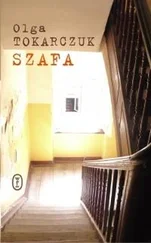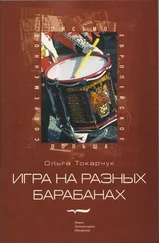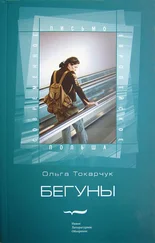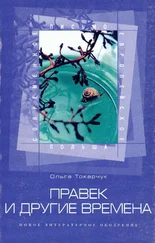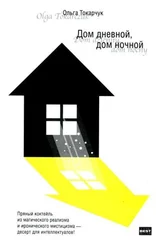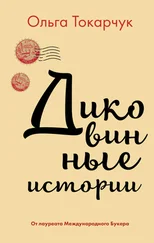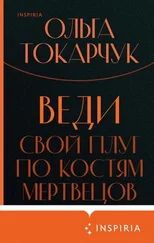The professor stood still, leaned back on his heels, wedging his cane into the ground, and said:
‘It might have sounded something like this,’ and his voice cut off for a moment, for him to gather his breath, and then he shouted out with all the strength of his old throat. And suddenly his voice loud and clear. His wailing was carried by the heated air, causing everyone to look up: surprised tourists on their own, making their way between the rocks, and ice cream vendors, and workers lining the railings because high season was about to start now, and a small child poking at a frightened beetle with a stick, and two donkeys grazing off in the distance, on the other side of the slope.
‘Iacchus, Iacchus,’ cried the professor with his eyes closed.
Even after he had fallen silent again, his shout still hung in the air, so that everything held its breath for half a minute, for a few dozen strange seconds. Jarred by this eccentric comportment, his listeners couldn’t bring themselves to even look at one another, and Karen turned bright red, as though it had been her crying out in that strange way. She moved off to the side, to cool off from her embarrassment and from the heat.
But the old man didn’t look even remotely chagrined.
‘…and perhaps it is possible,’ she heard him say, ‘to look into the past, cast our glances backwards, imagine it as a panopticon of sorts, or, dear friends, to treat the past as though it still existed, it’s just that it’s been shifted over into another dimension. Maybe all we need to do is change our way of looking, look askance at it all somehow. Because if the future and the past are infinite, then in reality there can be no ‘once upon’, no ‘back when’. Different moments in time hang in space like sheets, like screens lit up by one moment; the world is made up of these frozen moments, great meta-images, and we just hop from one to the next.’
He broke off for a moment to rest, because they were walking uphill, and then Karen heard him squeeze the next words out between his whistling breaths:
‘In reality, movement doesn’t exist. Like the turtle in Zeno’s paradox, we’re heading nowhere, if anything we’re simply wandering into the interior of a moment, and there is no end, nor any destination. And the same might apply to space – since we are all identically removed from infinity, there can also be no somewhere – nothing is truly anchored on any day, nor in any place.’
That evening Karen did a mental breakdown of the costs of that expedition: a burned nose and forehead, a foot injured to bleeding. A sharp stone had got under the strap of his sandal, and he hadn’t felt it. That must have been a serious symptom of worsening arteriosclerosis, which the professor had had for many years.
She knew this body well, too well – shrunken, sunken, the dried-out skin dappled with brown spots. The remains of grey hairs on his chest, his frail neck that barely held up his trembling head, the thin bones beneath a thin covering of skin and a skeleton that seemed made of aluminium it was so light, avian.
Sometimes he fell asleep before she had managed to undress him and prepare the bed, and then she had to carefully remove his jacket and shoes and steer him, still slumbering, towards the bed.
Every morning they had the same problem – his shoes. The professor suffered from an irritating ailment – he had ingrowing nails. His toes became inflamed, swollen, his nails got raised, boring holes into his socks, scraping painfully against the tops of his shoes. Placing a foot in such pain in its black leather slipper would be a gratuitous act of cruelty. So, for everyday things the professor wore sandals, and covered shoes they ordered from a particular shoemaker near where they lived, and for an incredible sum he would produce for the professor beautiful soft shoes, with a raised top, loose.
That evening, likely from the sun, he had a fever, so Karen gave up on dinner at the table and ordered food to their cabin.
In the morning, as the ship was sailing up to Delos, after brushing their teeth and a laborious shave, they went out together onto the deck with the pastries from the previous day’s tea. They crumbled them and threw them into the sea. It was early, everyone else was probably asleep. But the sun had already lost its redness and was shining, gathering its strength moment by moment. The water had turned a golden, honey colour, thick, the waves had died down, and the great iron of the sun pressed them without leaving even the finest line. The professor put his arm around Karen’s shoulder, and in fact that was the only gesture to be made in the face of such an obvious epiphany.
Looking around where you are once more is like looking at an image in which a million details conceal a hidden shape. Once you see it, you can never forget it’s there.
I won’t record every day of the trip, nor relay each lecture – in any case, Karen might have them published someday. The ship sailed, every evening there was dancing on the deck, the passengers with glasses of wine in their hands, leaning against the railings, having lazy conversations. Others gazed out at the night-time sea, at the cool, crystal darkness, lit up from time to time by the lights of big ships, bearing thousands of passengers, calling daily at different ports.
I’ll mention only one lecture, which happened also to be my favourite. Karen had come up with the idea, to talk about those gods who didn’t make it into the pages of the famous, popular books, those not mentioned by Homer, then ignored by Ovid; those who didn’t make names for themselves with drama or romance; who weren’t terrifying enough, cunning enough, elusive enough, who are known only from fragments of rock, from mentions, from the little extant from burned-down libraries. But thanks to that they’ve preserved something the well-known gods have lost forever – a divine volatility and ungraspability, a fluidity of form, an uncertainty of genealogy. They emerge from the shadows, from formlessness, then succumb once more to looming darkness. Just take Kairos, who always operates at the intersection of linear, human time and divine time – circular time. And at the intersection between place and time, at that moment that opens up for just a little while, to situate that single, right, unrepeatable possibility. The point where the straight line that runs from nowhere to nowhere makes – for one moment – contact with the circle.
He entered the room with a brisk step, dragging his feet and panting, and stood at his podium – the ordinary little restaurant table – and took a bundle out from under his arm. She knew his methods. The bundle was a towel, right out of their cabin. He knew perfectly well that as soon as he began to unroll it the room would fall silent, and the heads in the last row would incline towards him. People are children. Under the towel there was, first, her red scarf, and then, finally, there shone something white, a piece of marble, which may have looked like some shard of rock. The tension in the room had reached its pinnacle, and he, aware of the interest he was arousing, celebrated it with a slight sly smile, drawing out his gestures like he was acting in a movie. Then he lifted that light, flat piece almost to eye level, extending his arm, parodying Hamlet, and began:
Who is the sculptor, and where does he come from?
From Sicyon.
And his name?
Lysippus.
And who are you?
Kairos the All-Mastering.
Why do you tread on tiptoes?
I ceaselessly circumnavigate the world.
Why do you have wings on both feet?
Because I fly by with the wind.
And in your right hand, why do you carry a razor?
It is a sign to people that I am sharper than any blade.
Why does your hair fall over your eyes?
Читать дальше
